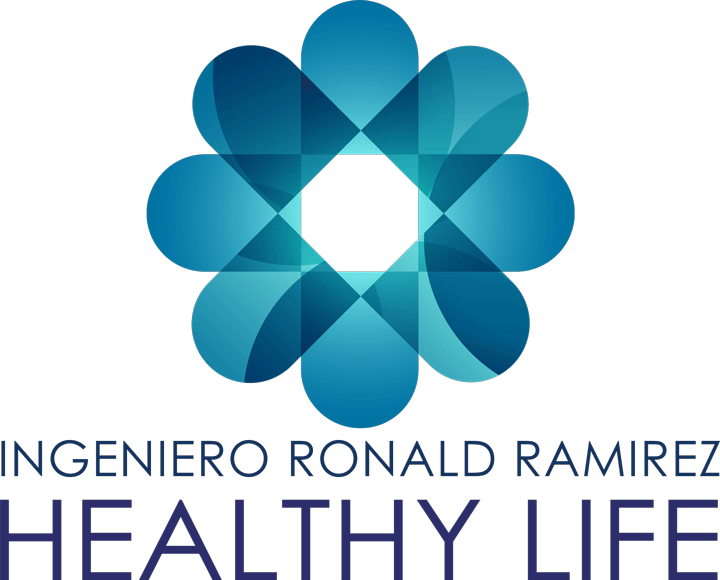
Medical coders have a variety of duties and responsibilities. However, according to the folk at Find-A-Code.com, something many people are not aware of before they go into this type of work is the importance of HIPAA compliance when working as a medical coder. But what is this, and why is it so important?
What is HIPAA Compliance?
HIPAA stands for the (U.S.) Health Insurance Portability and Accountability Act. It was introduced in 1996 and is a federal law that requires sensitive patient information to be kept completely confidential. It also prevents disclosure of patient information without their knowledge or consent. Noncompliance of HIPAA carries heavy penalties for both organizations and individuals.
Why do Medical Coders Need to be Concerned about HIPAA Compliance?
Medical coders handle patient records on a daily basis, and part of their job is to ensure that these records are kept confidential. While the onus is on the organization to ensure that proper procedures are in place, it is the responsibility of anyone working directly with patient information to always keep it safe and secure.
Coders must therefore make sure that any patient file they are working on is kept secure and out of the wrong hands. If they are working with paper files, they must always keep them in their sights and when finished with them must make sure they are securely filed away. A medical coder could be in breach of HIPAA rules if they were to leave patient files in plain sight when away from their desk, for example. Having locked drawers will provide a safe place for files to be kept when the coder is at lunch or in the restroom.
Computers and mobile devices must have sufficient security in place to prevent them from being accessed by unauthorized persons. Coders must make sure that screens are locked when not in use or that mobile devices are powered down. It is the responsibility of the organization to ensure that proper firewalls and secure encryption is in place to keep patient information secure.
Any paper records that are to be disposed of must be shredded beforehand. For example, if a company is switching from paper records to electronic versions, all files will need to be shredded before being disposed of. Failure to do so is a breach of HIPAA.
Consequences of Non-HIPAA Compliance
Although HIPAA violations can often go unnoticed for long periods of time, the longer it is in place the harsher the penalty will be. Therefore, it is vital for to coders make sure they are always following the proper rules and procedures to ensure compliance.
The cost of a HIPAA violation can range from $100 to $50,000 per violation, with a maximum annual penalty of $1.5 million. As you can imagine, this could cripple a medical organization and is why HIPAA compliance is so important. Even violations that are done so unknowingly are subject to financial penalties, so claiming you did not know about it is not a reasonable defense.
While an employer will usually receive the civil penalty for violations committed by their staff, if an individual is deemed to have knowingly or unlawfully misused patient health information, they could be held criminally liable. This could mean a fine or prison time, depending on how severe the violation was.
Conclusion
Medical coders work with sensitive patient health information on a daily basis, and as such they are bound by HIPAA rules and regulations. It is important for coders to handle patient information confidentially and securely or this could result in severe consequences for themselves or their employer.


